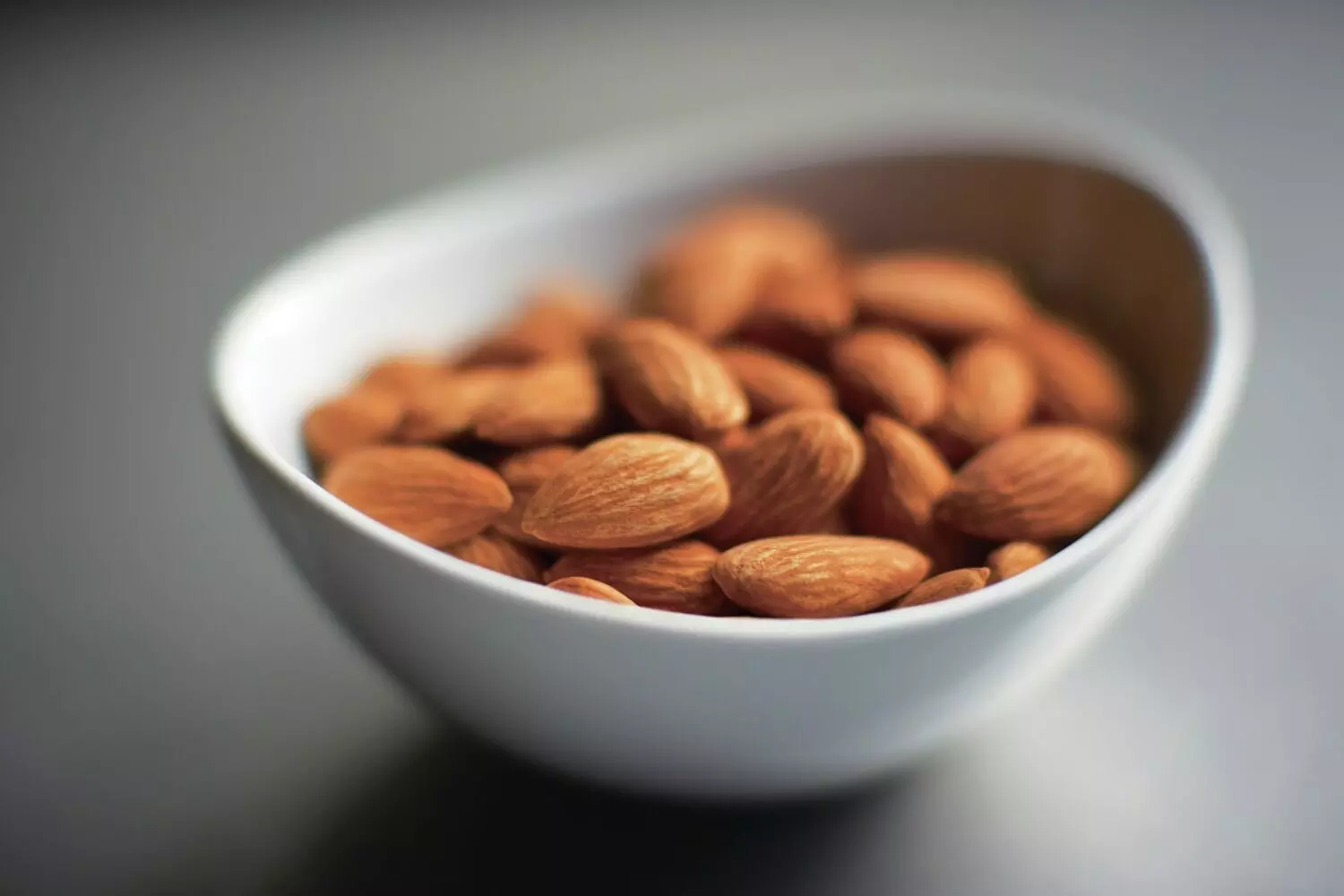Live
- Bhupesh Baghel threatens defamation case over allegations in Bitcoin scam
- I want to have that chance of playing in IPL, says Swastik Chikara ahead of mega auction
- Damson Technologies Inaugurates State-of-the-Art Manufacturing Facility in Ahmedabad with Rs. 200 Crore planned Investment
- Waqf row: BJP stages protest condemning land grab in Karnataka
- President Droupadi Murmu Graces Koti Deepotsavam in Hyderabad
- South Korean court sentences ex-fiance of Olympic fencing medalist to 13-yr prison term
- Posani Krishna Murali Announces Exit from Politics
- Allu Arjun and Sreeleela to Ignite the Stage with Pushpa-2’s Special Song
- World Television Day 2024: From B&W Beginnings to Smart TVs and Their Role in Shaping Elections
- Bihar: Kaimur residents buy cheap medicines from Jan Aushadhi Kendras, thanks govt
Just In
A Nutritional Guide to Managing Pre-Diabetes by Dr. Rohini Patil, MBBS and Nutritionist


According to a study published in The Lancet Diabetes and Endocrinology, 136 million people in India, or 15.3% of the population, may be living with prediabetes.
According to a study published in The Lancet Diabetes and Endocrinology, 136 million people in India, or 15.3% of the population, may be living with prediabetes. This is a significant increase from 2017, when 6–15% of the population was estimated to have prediabetes. With a rising tide of pre-diabetic cases in India, it’s crucial to take proactive steps to manage your health. Clean, mindful eating is key to maintaining blood sugar levels and can even reverse pre-diabetes. Dr. Rohini Patil, MBBS and nutritionist, emphasizes the importance of incorporating specific foods into your diet to control blood sugar before it escalates into diabetes. Alongside dietary changes, she advises an active lifestyle, avoiding ultra processed foods, and engaging in regular physical activities like post-meal walks to curb blood sugar spikes.
Foods to Include in a Pre-Diabetic Diet
- Almonds Almonds are protein dense, contain healthy fats, and are rich in fiber, all of which help regulate blood sugar.Two new research studies published last year authored by Dr Anoop Misra and Dr Seema Gulati showed that a simple addition of almonds to the diet may help reduce the burden of diabetes. More specifically, a handful of almonds eaten 30 minutes before breakfast, lunch and dinner for three months reversed prediabetes to normal blood sugar levels in nearly one-quarter of the people studied – improvements as potent as taking prescription diabetes medication. Diabetes researchers described this reversal from prediabetes to normal blood glucose regulation as “the holy grail of medicine.” Therefore, Dr. Patil recommends a handful of almonds daily, whether as a snack or in salads and yogurt, to stabilize blood sugar and curb overeating.
- Green Leafy Vegetables Leafy greens like spinach, fenugreek, and amaranth are low in carbs and high in fiber, making them a good addition for managing blood sugar levels. These vegetables are rich in vitamins and antioxidants that support overall health. Their low glycemic index (GI) makes them crucial for pre-diabetes management.
- Greek Yogurt Greek yogurt is a good source of protein and probiotics, which benefit gut health. The protein content slows carbohydrate digestion, leading to a gradual release of sugar into the bloodstream. Dr. Patil advises choosing unsweetened Greek yogurt and pairing it with nuts or fruits for a blood sugar-friendly snack.
- Lean Protein Lean proteins like fish, chicken, eggs, and legumes are vital for blood sugar management. Fish, especially fatty types like salmon, is rich in omega-3 fatty acids, which improve insulin sensitivity. For vegetarians, paneer and tofu offer similar benefits. Including these proteins in meals can help prevent blood sugar spikes.
- Whole Grains Whole grains such as brown rice, quinoa, and barley are high in fiber, which slows sugar absorption. Their lower GI makes them ideal for managing blood sugar. Dr. Patil suggests starting your day with oatmeal or incorporating brown rice into meals for sustained energy and better blood sugar control.
If you’re pre-diabetic and not on medication, Dr. Patil stresses the importance of clean eating habits and incorporating these foods into your daily routine. Staying physically active is equally important. She recommends at least 30 minutes of physical activity, five days a week, such as walking, yoga, or moderate exercises, to manage blood sugar and prevent the progression to type 2 diabetes.
By making these dietary changes and staying active, you can take control of your blood sugar levels and maintain overall health. Dr. Patil’s balanced nutrition and sustainable practices offer an effective approach to managing pre-diabetes.

© 2024 Hyderabad Media House Limited/The Hans India. All rights reserved. Powered by hocalwire.com






